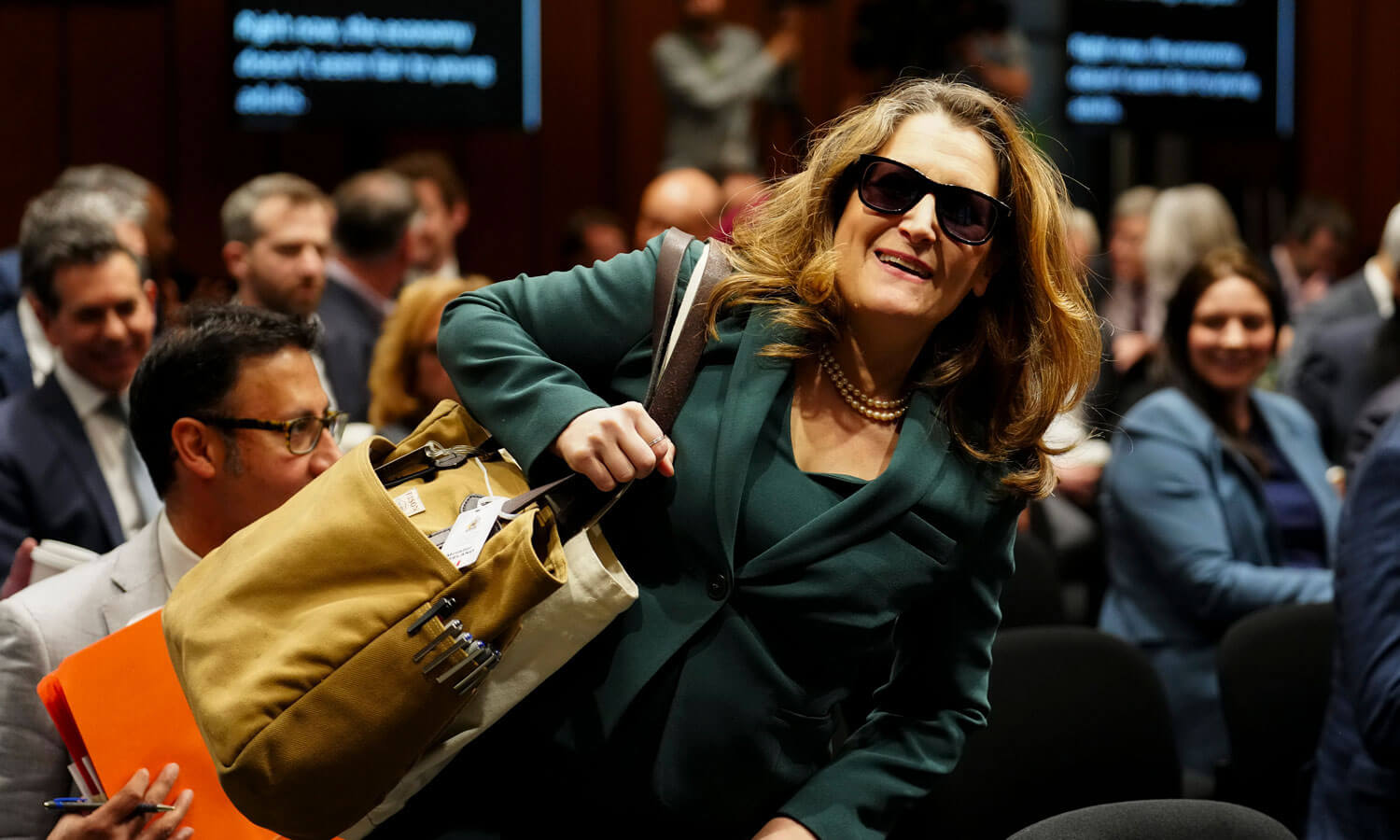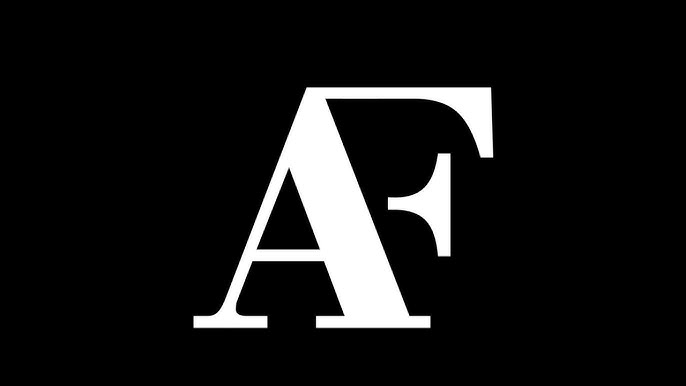In response to the criticism, Freeland’s office said it pursued capital gains changes to create fairness for younger Canadians who are struggling with the cost of living.
Small business owners to see tax changes
The budget also included a new program that lowers how much tax some small business owners pay when selling their companies. Those who qualify will be taxed on only one-third of their capital gains up to $2 million.
What. Are. We. Doing 🇨🇦 ?!? https://t.co/P6LVwloaUM
— Harley Finkelstein (@harleyf) April 16, 2024
Several Shopify Inc. executives, including president Harley Finkelstein, posted about the capital gains changes Freeland proposed on X. Hours after the budget’s release, he wrote, “What. Are. We. Doing?!?”
We need to be doing everything we can to turn Canada into the best place for entrepreneurs to build 🇨🇦
What’s proposed in the federal budget will do the complete opposite. Innovators and entrepreneurs will suffer and their success will be penalized — this is not a wealth tax,…
— Harley Finkelstein (@harleyf) April 17, 2024
“This is not a wealth tax, it’s a tax on innovation and risk taking” he added on Wednesday. “Our policy failures are America’s gains.”
The Ottawa-based e-commerce giant’s chief executive Tobi Lütke also chimed in, saying a friend had messaged him to say, “Canada has heard rumours about innovation and is determined to leave no stone unturned in deterring it.”
Forbes estimates Lütke’s net worth is valued at USD$6.4 billion. While he’s been more vocal in his criticism of the federal government’s policy decisions in recent months, he previously chaired a digital strategy table that convened in 2018 and hosted Trudeau at his company’s conference.
Meanwhile, the head of the Canadian Venture Capital and Private Equity Association said on LinkedIn the capital gains changes left her feeling “baffled.”
“This measure, which effectively taxes innovation and risk-taking, will significantly dampen Canada’s entrepreneurial spirit, stifle economic growth in critical sectors of our economy, and impact job creation,” Kim Furlong said. “Such (a) policy change undermines Canada’s position to attract the talent needed to grow and scale companies here.”
Furlong promised to “work tirelessly to reverse the decision.”
AI technology in Canada
Alison Nankivell, chief executive of the MaRS innovation hub in Toronto, took such reaction to the budget to be a reflection of the tug of war that can pit fairness against economic opportunity. “In some ways, what you’re hearing from the entrepreneur community is a feeling that that balance is maybe not where they want it to be in terms of the ability to build a business,” she said.
The tension masked some of the benefits for the sector she saw in the budget. For example, the government set aside $2.4 billion to boost artificial intelligence (AI) capacity with the bulk dedicated to a fund that would increase access to computing and technical infrastructure.





















Discussion about this post